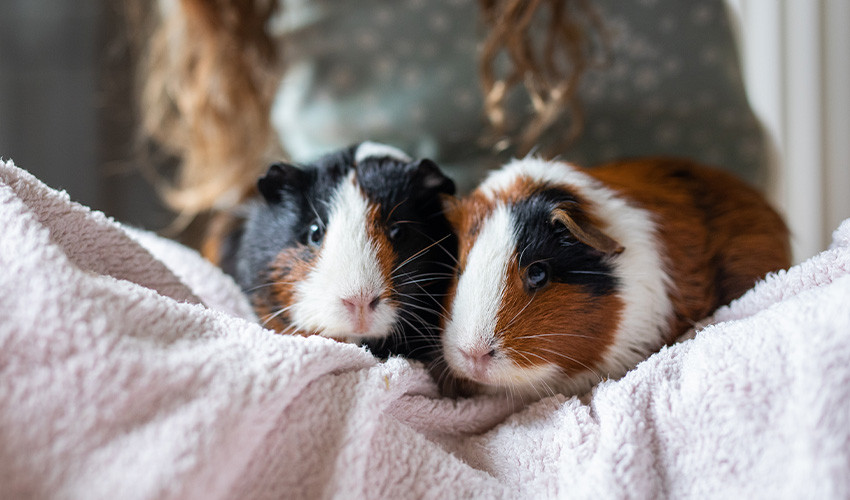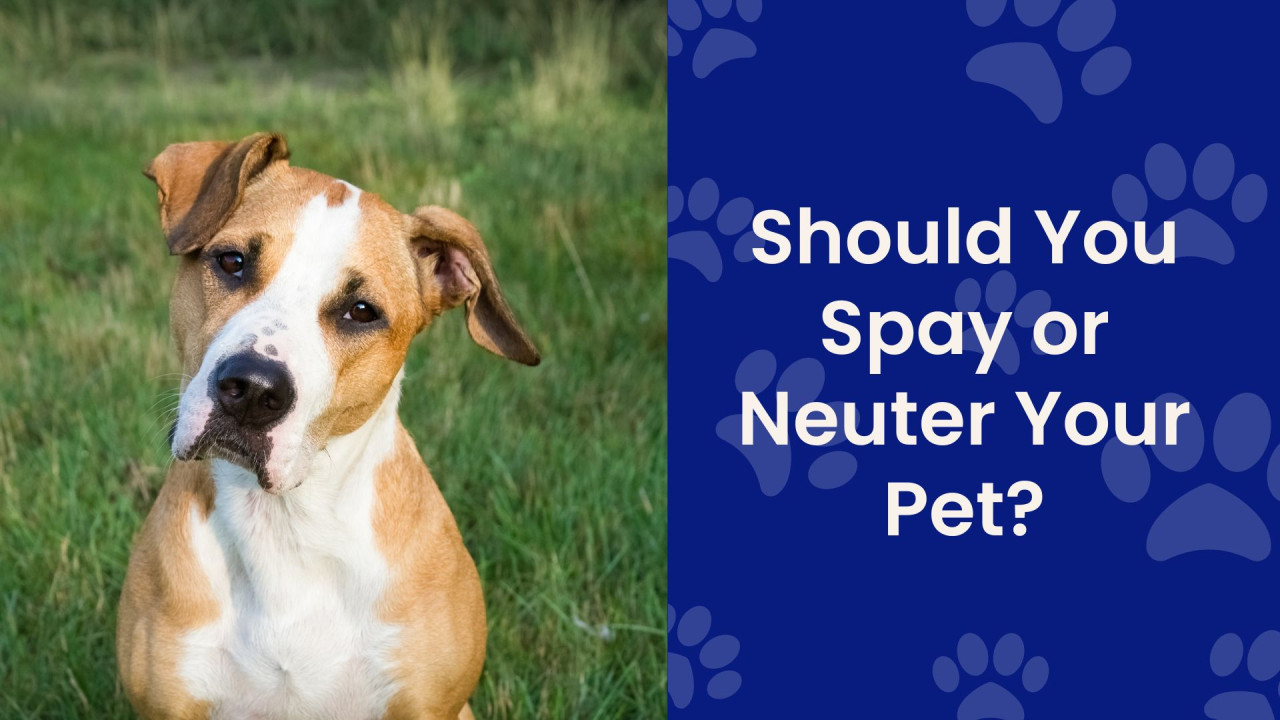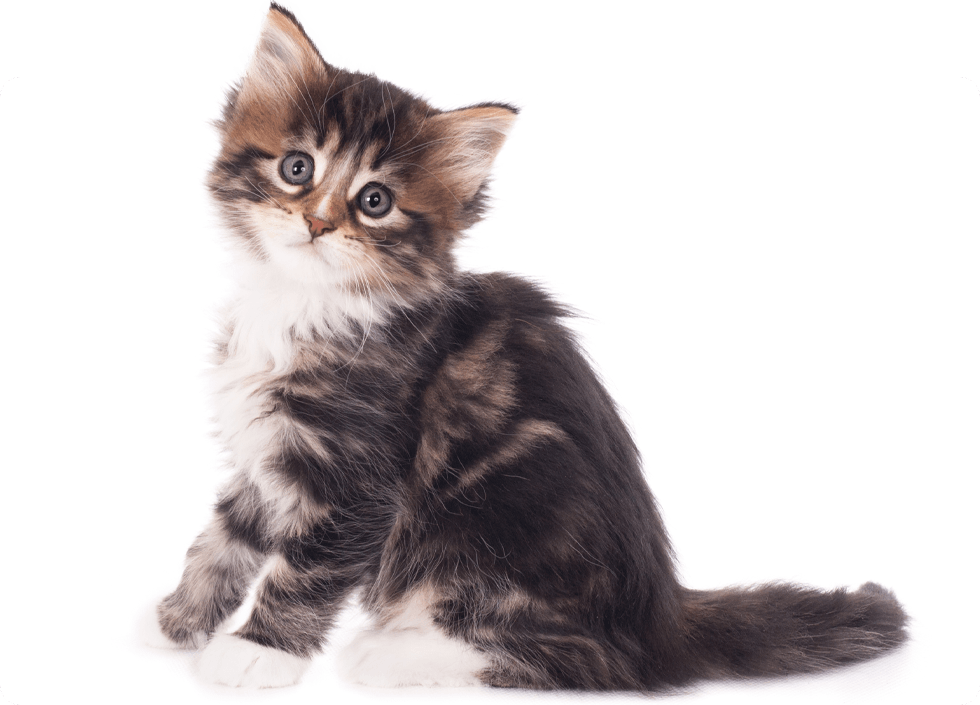The world of exotic pets continues to captivate animal lovers. From the slithering grace of a corn snake to the vibrant colors of a parrot, these unique companions offer a captivating glimpse into diverse animal life. However, caring for an exotic pet goes far beyond a simple bowl of food and a cozy bed. Unlike our canine and feline friends, their well-being hinges on meticulously recreating their natural environment, providing a species-specific diet, and recognizing subtle signs of illness.
Recreating the Perfect Environment
Your exotic pet’s natural habitat plays a crucial role in their health and happiness. Just like humans wouldn’t fare well living in Antarctica, an iguana wouldn’t be comfortable in a chilly room. Here’s how to create a paradise within your home:
- Temperature Gradients: Many reptiles, for instance, require a basking area with higher temperatures for regulating their body heat. Research your specific pet’s ideal temperature range and create zones within their enclosure using heat lamps, ceramic heaters, or under-tank heat mats.
- Humidity Levels: Amphibians and some reptiles require high humidity levels to maintain healthy skin and respiratory function. Invest in a hygrometer to monitor humidity and utilize misters, humidifiers, or water dishes with a large surface area to achieve the desired level.
- UVB Lighting: Reptiles depend on UVB rays for vitamin D3 synthesis, crucial for calcium absorption and bone development. Choose UVB lamps appropriate for your pet’s species and ensure proper positioning within the enclosure for optimal exposure.
- Habitat Enrichment: Go beyond the basic enclosure! Provide hiding spots for shy creatures, climbing branches for arboreal species, and substrate that mimics their natural environment, like sand for desert reptiles or water features for amphibians.
Crafting a Balanced Diet for Your Exotic Companion
Forget the days of simply pouring kibble into a bowl. Exotic pets have vastly different dietary needs compared to cats and dogs. Here’s how to ensure your little friend gets the right fuel:
- Know Your Eater: Research your pet’s dietary category. Are they insectivores like bearded dragons, herbivores like rabbits, or omnivores like hedgehogs? Each category requires a specific approach.
- Ditch the “Human Food” Diet: Resist the urge to share your meals with your exotic pet. Human food often lacks essential nutrients and can cause digestive problems.
- Commercial Diets: Many commercially available diets are formulated specifically for exotic pets. Choose a high-quality brand based on your pet’s species and age.
- Live Feeders: For insectivores and some amphibians, live feeders like crickets or mealworms form a crucial part of their diet. Ensure these feeders are gut-loaded with nutritious foods before offering them to your pet.
- Vitamin and Mineral Supplements: While most commercial diets provide essential nutrients, consult your veterinarian about additional supplements that may be necessary for your specific pet.
Spotting Signs of Illness in Your Exotic Friend
Unlike our furry companions who readily display signs of discomfort, exotic pets often mask their illness. Early detection is critical for successful treatment. Here’s what to watch for:
- Changes in Appetite: A sudden decrease or loss of appetite can be a red flag for illness in exotic pets. Monitor your pet’s feeding behavior and contact your veterinarian for any significant changes.
- Lethargy or Reduced Activity: A normally active pet becoming lethargic or spending extended periods hiding could indicate underlying health issues.
- Changes in Droppings: Unusual changes in the frequency, consistency, or color of your pet’s droppings can signal digestive problems or parasitic infections.
- Abnormal Skin or Fur: Look for signs of skin irritation, excessive shedding, or unusual bumps or lesions. These could indicate mites, fungal infections, or other health concerns.
- Respiratory Issues: Wheezing, labored breathing, or excessive mucus production in your pet could be signs of respiratory problems.
Remember, prevention is always better than cure. Regular checkups with a veterinarian experienced in exotic pet care are vital for early detection of illness and maintaining your pet’s optimal health.
Thriving Together: Your Partner in Exotic Animal Care
Norton, Kansas, offers a vibrant community for exotic pet enthusiasts. With a wealth of knowledge and a passion for animal health, the team at Norton Animal Health Center is here to support you on your exotic pet ownership journey. Whether you’re a seasoned owner or considering welcoming an exotic friend into your home, we encourage you to schedule an appointment with our experienced veterinarians. We can guide you through habitat setup, discuss appropriate dietary options, and provide comprehensive wellness care to ensure your exotic pet thrives.







